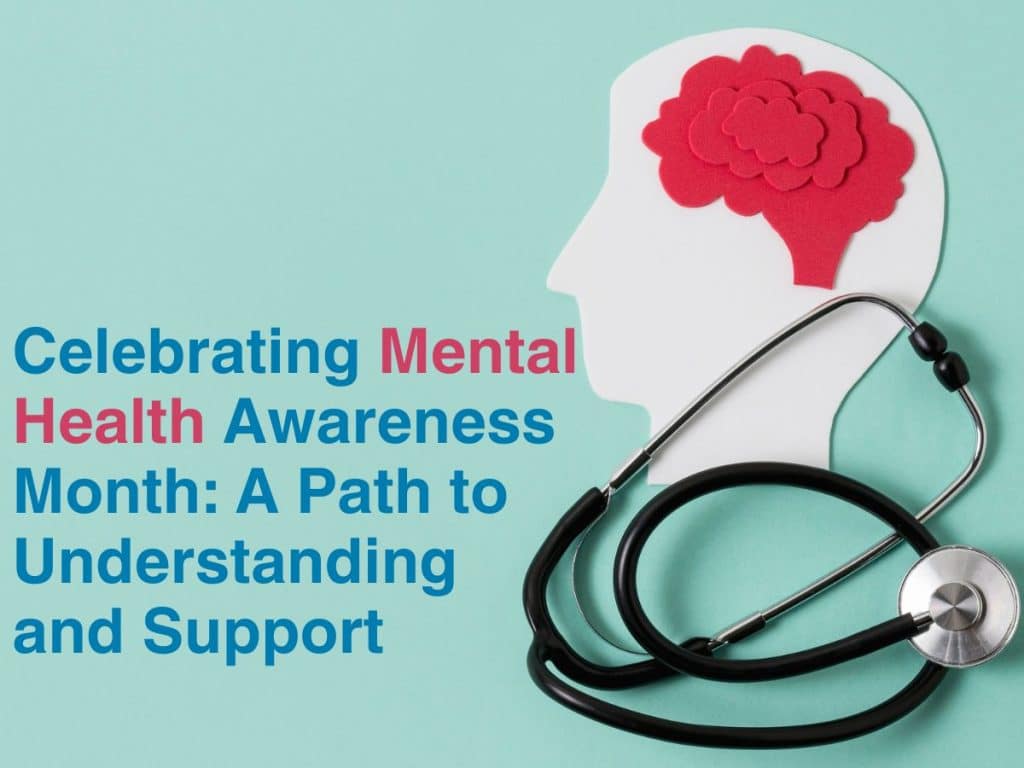Comprehensive Inpatient Mental Health Solutions for Effective Treatment
Inpatient psychological wellness services stand for an essential element of the healthcare system, offering a organized and intensive environment for individuals experiencing serious emotional distress. These services utilize a multidisciplinary approach, integrating various evidence-based treatments to deal with the intricate needs of individuals. The efficiency of such thorough treatment extends beyond instant stabilization; it likewise incorporates the change to outpatient support, a vital phase commonly forgot - mental health services. Exploring the nuances of this continuum reveals significant implications for both individual healing and wider mental health outcomes. What elements really influence this transition, and how can we enhance its effectiveness?
Understanding Inpatient Mental Health Providers
Inpatient mental health solutions supply important assistance for individuals experiencing extreme mental distress that can not be managed properly in an outpatient setup. These services are made to provide an intensive degree of care in an organized atmosphere, often within a hospital or specialized center. Patients confessed to inpatient programs usually display severe symptoms, such as self-destructive ideation, severe anxiety, or psychosis, necessitating continuous monitoring and treatment.
The admission process normally involves a detailed assessment by mental wellness experts, that evaluate the individual's frame of mind, background, and immediate needs. Once admitted, patients participate in a variety of restorative methods tailored to their certain needs, including medicine monitoring, individual therapy, and team sessions. This holistic method intends to stabilize the person's condition, promote safety and security, and foster coping abilities.
Inpatient mental health and wellness solutions not just address prompt health worries yet additionally function as a bridge to continuous treatment. By giving a regulated environment, these services help with the advancement of therapy strategies that can be proceeded in outpatient setups, thus guaranteeing a continuum of care and enhancing long-lasting results for people with intricate psychological wellness demands.
Trick Components of Effective Treatment
Effective treatment in inpatient mental health services comprises several key components that foster recovery and stabilization. Primarily, an extensive assessment is important to determine the individual's specific needs and challenges. This assessment informs the growth of a customized treatment plan, which works as a roadmap for treatment.
One more vital component is the multidisciplinary group strategy. Partnership among psychiatrists, psycho therapists, nurses, and social workers makes certain that different point of views add to the individual's care, boosting the performance of treatment. Evidence-based therapeutic methods, such as cognitive-behavioral treatment (CBT) and dialectical habits therapy (DBT), are additionally essential, providing organized techniques that address maladaptive idea patterns and behavioral concerns.

Last but not least, an emphasis on aftercare planning is crucial to make certain a seamless transition to outpatient solutions, lessening the risk of regression and promoting long-term health. These collective parts produce an effective therapy framework within inpatient psychological health solutions.
Benefits of Comprehensive Treatment

Comprehensive care in inpatient psychological wellness services provides many advantages that considerably improve person end results. One of the main advantages is the all natural strategy to treatment, dealing with not only linked here the mental signs and symptoms but also the physical, social, and emotional requirements of individuals. This detailed assessment allows for tailored interventions that promote general wellness.
One more advantage is the combination of multidisciplinary groups, which cultivates cooperation amongst medical care specialists. This joint setting makes certain that patients receive coordinated treatment, lowering the threat of fragmented therapy and boosting interaction amongst caregivers. Moreover, extensive care helps with continuity of solutions, permitting smooth shifts from inpatient to outpatient settings, which is essential for long-term recovery.

Lastly, the structured environment of comprehensive inpatient treatment offers a risk-free area for clients to take part in therapeutic activities, aiding them create dealing methods and durability. Collectively, these benefits add to a lot more efficient therapy and enhanced lifestyle for individuals experiencing psychological health dilemmas.
Evidence-Based Healing Strategies
In the realm of mental wellness therapy, evidence-based restorative strategies play an essential duty in ensuring that patients receive efficient and scientifically supported treatments. These strategies integrate the very best readily available research study with medical competence and client values, promoting a customized therapy experience that resolves individual needs.
Cognitive Behavioral Treatment (CBT) is just one of the most widely acknowledged evidence-based approaches, concentrating on identifying and altering negative idea patterns and habits. This organized strategy has shown effectiveness in treating conditions such as anxiety, clinical depression, and ptsd. Dialectical Actions Treatment (DBT) is specifically reliable for people with borderline personality problem, emphasizing the advancement of emotional policy and interpersonal performance abilities.
In addition, medication monitoring is usually an important component of evidence-based treatment, as psychotropic drugs can minimize signs and enhance general functioning. Collective treatment designs, which include multidisciplinary groups, even more improve the efficacy of inpatient solutions by making certain extensive examinations and continuous tracking.
Ultimately, the integration of evidence-based restorative approaches not only advertises favorable clinical outcomes however also equips people, cultivating a sense of company and resilience in their psychological wellness journeys.
Transitioning to Outpatient Assistance
The transition from inpatient mental health and wellness solutions to outpatient support marks a vital phase in a client's recovery journey. This period requires careful planning and sychronisation to make certain connection of treatment and to alleviate the risks of relapse or crisis. Effective discharge planning must begin early in the inpatient stay, involving a multidisciplinary team that consists of psychiatrists, psycho therapists, registered nurses, and social workers.
Crucial element of an effective shift include the growth of an extensive aftercare plan customized to the person's particular demands. This plan should detail follow-up visits, drug monitoring, and restorative interventions, along with recognize area sources and support teams that can promote look at here now recurring healing.
In addition, client and household education is vital during this stage. Understanding the indications of possible troubles and the significance of sticking to therapy can equip people and their support systems.
Normal follow-up and review of the outpatient plan are necessary to resolve evolving obstacles. By fostering a collective partnership between outpatient and inpatient carriers, the probability of continual recuperation boosts, inevitably boosting the person's quality of life and lowering the danger of readmission.

Final Thought
In summary, thorough inpatient mental health solutions use an essential framework for resolving extreme emotional distress with a multidisciplinary technique. By incorporating evidence-based treatments, promoting an organized environment, and promoting household involvement, these solutions boost therapy efficiency. The focus on security and the advancement of coping skills not just help in prompt recovery but likewise helps with a smoother shift to outpatient treatment. Eventually, such extensive care is crucial for long-term mental health and wellness.
The admission procedure normally involves an extensive analysis by mental health and wellness specialists, who evaluate the person's mental state, history, and instant demands.Effective therapy in inpatient mental health services comprises numerous essential elements that promote find out here now healing and stabilization.Thorough treatment in inpatient mental health and wellness services offers many benefits that considerably improve client end results.The transition from inpatient mental health services to outpatient support marks an important stage in a person's recovery trip.In recap, comprehensive inpatient psychological health and wellness solutions use a crucial framework for resolving severe psychological distress via a multidisciplinary technique.